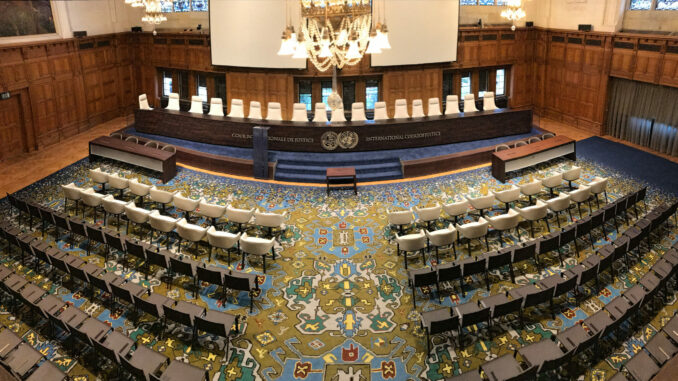
On Tuesday, July 15, 2025, Equatorial Guinea has accused France of engaging in neo-colonial conduct, urging the International Court of Justice (ICJ) to halt the sale of a luxurious mansion seized during a high-profile corruption investigation.
The property, located on Paris’s prestigious Avenue Foch, was confiscated following the 2017 conviction of Teodoro Nguema Obiang Mangue—Vice-President and son of President Teodoro Obiang Nguema Mbasogo—for embezzling public funds. Despite a previous ICJ ruling in 2020 that the mansion lacked diplomatic protection, the central African nation returned to The Hague in 2022, citing violations of international law and demanding the return of seized assets under a UN anti-corruption convention. Equatorial Guinea’s legal representatives described France’s posture as “paternalistic and even neo-colonial,” insisting it undermines their national sovereignty.
In response, French lawyers firmly rejected Equatorial Guinea’s request for urgent intervention, arguing that the sale of the property was not imminent and that diplomatic negotiation was the appropriate path. France’s agent, Diégo Colas, labelled the application an “abusive manoeuvre,” underscoring the legality of France’s anti-corruption proceedings. The opulent mansion, equipped with a cinema, nightclub, and hammam, is among several assets seized across multiple countries where Obiang has faced similar scrutiny. The United Kingdom, Brazil, and Switzerland have all taken action against him for misappropriating public funds, including the controversial purchase of Michael Jackson’s jewelled glove. The legal battle highlights the stark inequality within Equatorial Guinea, where oil wealth enriches the ruling elite while the broader population remains in poverty.
